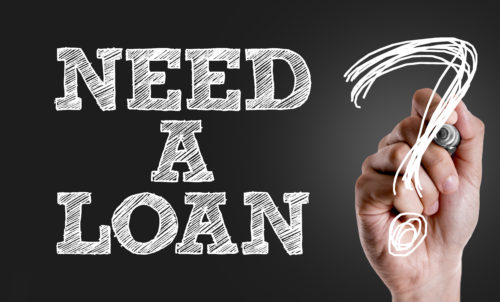You’re all set to put in an application for that loan that will impact your life in some significant ways but are you knowledgeable about all the fine print? It could be a student loan, car loan to acquire your first car, maybe a mortgage or for business owners, business loans have many advantages for entrepreneurs for their success in expanding their business. However, the debt you wish to take on will require a couple of years of commitment and consistent monthly repayments.
How do you ascertain that you need the loan and are you ready for such a significant financial commitment?
Financiers claim that its normal for applicants to feel nervous at first. Even so, you can alleviate anxiety by raising the right queries before signing on the dotted line. What you stand to take on financially with a loan might astonish you – and help determine whether or not you really need the loan.
1. How much do I need?
Before you apply for any loan, establish how much you want to spend. Often, lenders may offer a bigger credit than you need. Supposing you wish to apply for a mortgage, you may take up a debt of more than the estate’s value and use the extra bucks for home improvement.
Many a time borrowers forget the extra money will cost them down the line. The larger the mortgage, the higher the repayment. Borrow what you require to avert paying thousands in additional charges.
2. Can I sustain my monthly repayments?
Perhaps the most important of all questions; can you sustain monthly repayments up until clearing the debt? If not, your loan will seem more of a burden than a means to an end.
As a rule to choose whether a loan repayment fits your budget, consider your gross monthly income, and your monthly housing expenditure, including your prospective loan repayment sum. The housing expenses must equal or less 36% of your gross income.
3. What’s the interest charged on my loan?
Interest rates differ from one lender to the next and are influenced by factors like the rate set by a central or federal bank – which sets market interest rates – the type of loan – whether it’s a variable or fixed rate kind – and the loan terms.
By understanding when and how interest is charged, and how it accumulates the loan, you’ll most likely figure ways to minimize the interest payable in the long-term.
4. How long will I be on the hook for repayments?
Loan repayment terms vary anywhere between a couple of months to two decades or more. Assuming your main concern is keeping costs low, consider acquiring a debt with a short repayment term. Short term loans bear less interest and enable you to repay debt faster. Also, the majority of lenders charge reduced rates on shorter loans. We all desire to secure affordable monthly costs. The loan period directly affects the monthly repayment amount. You’ll want to negotiate for terms that result in modest payments, based on the debt amount.
For purposes of illustration, let’s assume you borrow $20,000 at 8% interest, over five years, you’ll pay $406 in monthly repayments. But if you borrow $20,000 over three years at 6%, you’ll pay $608 in repayments. The latter monthly payment is costlier, but the shorter loan term and interest rate will save you $2,472 in total repayments.
Finding a lender that offers loan facilities suitable to borrower needs is hard enough in today’s market. Regardless of your credit history you can get a good advice on taking out a business loan without any challenges.









